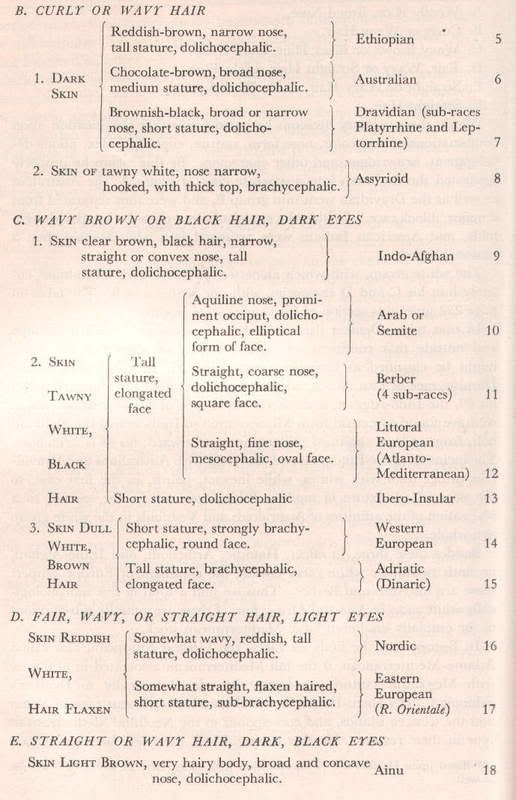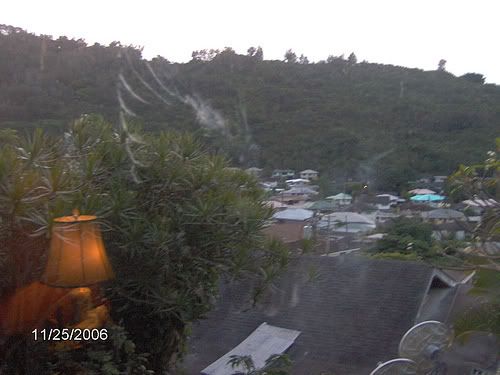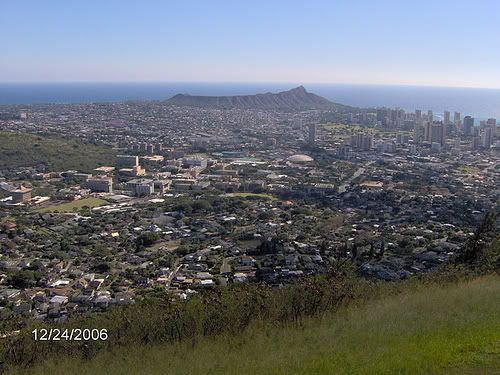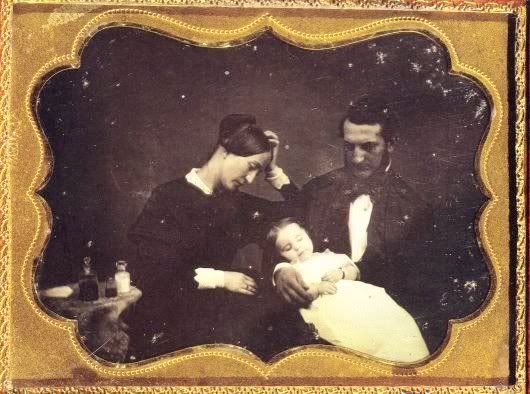The forest in which Nora, Pat, and I grew up is filled with surprising stone walls - stone walls where no foundation or house is nearby, stone walls that the Joshua's Trust trails now traverse.

I've had debates in suburban backyards about whether or not property boundaries are real (nb. do not try to have this argument with an existentialist, even one well-acquainted with stone walls and hedgerows, unless you are prepared to give up a bit flustered).
In my days teaching daycare, I enjoyed watching the various methods 3-year-olds have for negotiating boundaries - rule bending, side-stepping, and loop-hole-finding at its best.
These days, I've been wondering about where the self starts and stops. Sometimes I feel the fixed perimeter of this corporeal husk so palpably. I feel amazed that I don't burst over the seams of my body. Other times, it seems comforting to reject the "hereness" of our bodies.
What keeps one fragile force from another? That's what I kept wondering last night as I was watching Caribou at the Iron Horse. It was easily the best concert I've seen this year and, as they sat, drum kit to drum kit, face to face, I couldn't help but marvel over all those sounds - those overlapping indexes of self - and where it all starts and where it all stops.





